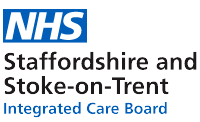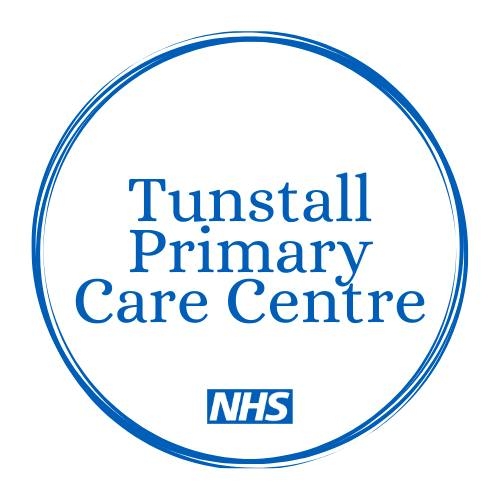

“Not only the number of contacts, but the time taken to diagnose hypertension and bring patients with high blood pressure under control has reduced significantly. Previously it might have taken anything from weeks to a few months; now it can be done over a period of three to four weeks”
Dr Sonnathi, Tunstall Primary Care
Saving clinicians time
Florence is helping clinicians save time and avoid unnecessary appointments by shifting responsibility for hypertension management to the PCN and practice pharmacy staff. They ensure patients’ results are ready before each annual review, eliminating the need for clinicians to spend 4-5 minutes of a 15-minute appointment taking blood pressure or scheduling additional follow-up reviews.
Appointment time is used more efficiently, as Florence calculates the five-day average and eliminates the possibility of white coat hypertension. This frees the clinician to focus on health-promoting activities, confident that the patient is in the system and follow-up appointments are already scheduled.
Tunstall Primary Care has been using Florence to manage their hypertensive patients for a few months, completely transforming their process. Previously, diagnoses could take months, requiring mostly face-to-face appointments and repeat reviews, with patients submitting readings on paper or over the phone. There was also a risk of patients falling out of the system due to the lack of obvious symptoms. Now, Florence has streamlined the process to just three to four weeks, simplifying it for the long term.
The team collaborated with the CSU to create searches within EMIS, enabling pharmacists to identify eligible patients every two weeks and bulk upload them onto Florence. With the default opt-out policy, patients can now start engaging with Florence immediately.
Tunstall has a very simple yet effective approach, by contacting patients coming up for their Annual Review and signing them up for Florence there and then ensures patients know what to expect which boosts engagement and uptake. They ensure patients have a blood pressure monitor and know how to use it, explaining that they’ll receive two prompts a day for five days. Patients are informed that by using Florence, they save both themselves and their clinicians time, as results will be ready for review, making the annual appointment more productive for both.
According to Project Coordinator, Amy, 70% of Tunstall’s hypertensive patients now use Florence. If patients struggle with the technology, Amy supports them or helps them record readings in another way. Crucially, the clinical team and the patient remain in sync throughout the entire process.
Empowering Patients
One of the key benefits of using Florence is that by giving patients back responsibility for their blood pressure, they engage those patients in their own self-management. Patients start understanding their condition better and taking more ownership of their health; medication compliance increases, and hypertension control improves. Amy explains “training patients that they have these problems and that they have to come in every 12 months for bloods and blood pressures” is key.
Next year will be even smoother, as patients will expect to hear from the pharmacy team around their birth month for their review and will already be familiar with the process.
Improving population health and reducing long term complications
By improving hypertension control, Tunstall is reducing a major risk factor for strokes and cardiovascular events. Staffordshire and Stoke-on-Trent ICB has a relatively high prevalence of hypertension (88.09% vs 87.43% for England), leading to a higher rate of strokes and cardiovascular events. Better hypertension management will reduce these incidents, benefiting both patients and the local health economy.
Receive further case studies:
For more information on how Florence can support your hypertension pathway contact:
John Griffiths
john.griffiths@generatedhealth.com
or visit www.generatedhealth.com